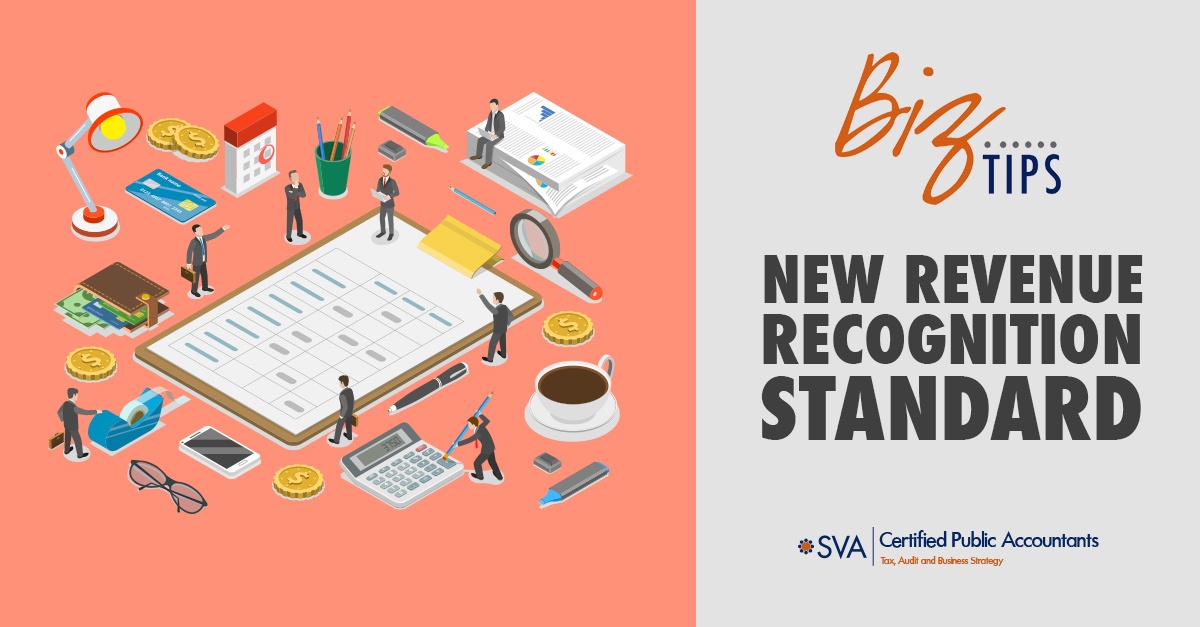The new revenue recognition standard will be adopted by private companies for periods beginning after Dec. 15, 2018. The implication for private companies that utilize a calendar year end is that the upcoming year should ideally be spent preparing for this transition.
That said, companies should be aware early on that the accounting function may not possess all the knowledge needed to make this transition.
Rather, in order to fully adopt the new revenue recognition standard, a company must possess a comprehensive understanding of the nature of the promises it makes to its customers.
What exactly does this mean? In GAAP speak, such promises are called “performance obligations,” and the new revenue recognition standard requires companies to allocate the cash collected from customers amongst the various performance obligations in a contract.
In some instances, this will be a straightforward exercise. If the contract simply requires the company to provide its customer with, for example, the delivery of 500 widgets, then all the corresponding revenue will go toward the single performance obligation—delivery of 500 widgets.
Where the transition could get more complicated is if there are other promises made to customers as part of a contract—and the complications multiply when there is a lack of communication between the accounting function and the sales function, who should have the most comprehensive knowledge of the types of promises made to customers.
(Download Video Transcript)
Promises to customers to provide maintenance services, extended warranties, or options to purchase additional goods or services at a reduced price may be considered separate performance obligations with separate criteria for revenue recognition.
For example, a company enters into a contract to sell 5,000 units of Product A to a customer and includes in that contract a five percent discount on future purchases of 5,000 units of Product B as an additional incentive to sign. The company would have to evaluate whether the five percent discount represented a separate performance obligation under the contract, which depends on whether it provided a material right to the customer. If so, then the company would not be able to recognize all the revenue on the contract when the units of Product A were shipped. The portion of the revenue representing the option would not be recognized until the option was exercised or expired.
Application of the new revenue standard depends on the accounting function having a comprehensive understanding of all the promises made to customers, which is often easier said than done. This is especially the case when promises are not thoroughly documented, made without prior approval or vague in their nature. Without open lines of communication between accounting and sales, companies risk not appropriately recording what their customers are really paying for.
Do you have questions about the new revenue recognition standard, accounting for promises, or other accounting challenges? Contact us to learn more.

© 2018 CPAContentPlus

